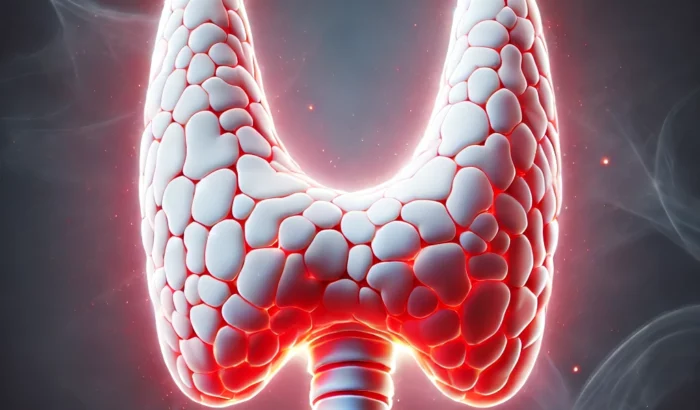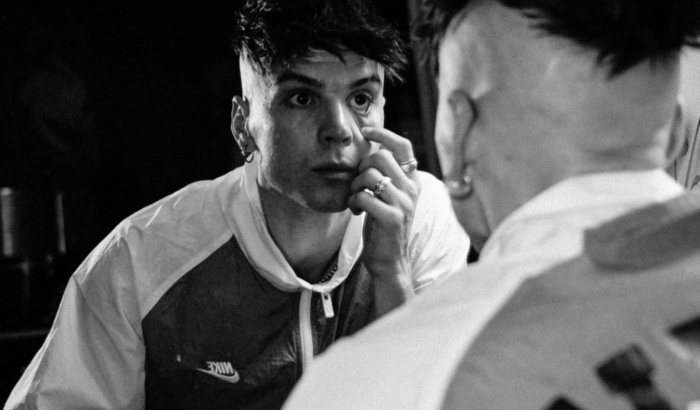The Science Behind Mindset – within Health
As a business, we revolve around the belief that mindset matters. Both to living healthy and positive lives, and to influencing better health outcomes through enhanced treatment pathways and more positive behaviours.
Championing the power of mindset within health led us, being a healthcare marketing agency, to create an on-going series of stunning, thought-provoking short films. Our Mindset Matters films highlight some incredible people who decide to thrive, and not just survive, with their health issues.
But when we talk about mindset, what do we actually mean? In this article we’re going back to basics – how and why they form, how and why they can be changed.
What is a mindset?
Mindset refers to a set of deeply held beliefs, attitudes and assumptions that form habits of mind. Mindset can also function as a key aspect of what we consider our sense of self – how you see the world informs who you are.
While the Oxford English Dictionary defines mindset as the ‘established set of attitudes held by someone,’ mindset can be collective as well as individual – e.g. familial, cultural or political.
Why do we need mindsets?
Cognitive psychologist Robert French demonstrated that mindset reflects the cognitive processes that occur when we’re presented with a given situation or task.1 That is to say, how we react and respond to stimuli.
Put simply, developing a mindset is essential for us to make sense of and navigate life.
Instead of approaching each situation completely afresh – which would demand too much brain power and time – our mindset functions as a set of templates that help us decide how to feel and how to respond to stimuli. For example, snoozing your alarm once because you know you can afford another 5 minutes in bed.
Often, this happens unconsciously. Unaware that our decisions are being short-circuited by our mindset, we think we’re debating the stimulus at hand without bias. If a colleague sends you a rather curt email, rather than debating the reasons for such an email, you might straight away assume that they dislike you.
And in cases where there are knowledge gaps that would otherwise prevent us from forming an opinion or a decision, our mindset tries to bridge these gaps. In the case of the last example, the knowledge you lacked is that your colleague slept badly the night before and they’d just finished a terrible client call. But you jumped that gap, straight to blaming their opinion on you as the reason for the email.
How mindsets form
Mindsets begin to form in childhood and are established at quite a young age.
Research suggests that mindset is formed by the interaction of habitual thoughts and the images and emotions they illicit.2 From our experiences, we make distinctions (thoughts). If these experiences are repeated enough, distinctions become truths to us. These truths join to form a mindset.
For example – as a child you experience your parents’ healthy relationship. Their ability to compromise, their happy and affectionate manner. With repeated exposure, you make the distinction that love equals happiness and stability. This mindset unconsciously dictates how you date, your ability to trust and compromise, even your willingness to marry and stay loyal to a partner. Your mindset has become a concrete belief system.
How mindsets can hinder
While mindsets can be self-preserving, the fixed nature of mindsets can be illogical and limiting. This happens when we mistake individual experience for universal, and we are unable to absorb new information that contradicts our beliefs.
How can we tell if reactions are being warped by mindset?
Here’s a health-related example. Sally is diagnosed with breast cancer. It’s in early stages, so the evidence suggests around 90% chance of survival. Very positive odds. But Sally’s auntie passed away from breast cancer. Sally saw her suffer immensely, and it was a hugely upsetting time for the whole family.
As a result, Sally’s mindset doesn’t allow her to be positive. She rejects the statistics and adopts a defeatist attitude that breast cancer will kill her, too.
Mindset becomes action; she doesn’t try follow a nutritious diet, she stops exercising, she withdraws from her relationships. The stress keeps her awake at night. The knock-on effect is a decline in health. Not caused by cancer, but because of her mindset about cancer.
At its most extreme, the difference between a positive and a negative mindset could literally affect survival rates.
Changing mindset
However, mindsets can change. And we can effect that change ourselves. In fact, we’re in the business of changing mindsets ourselves – to empower Healthcare Professionals to choose better care pathways and products, and empower patients over their health habits.
According to the seminal work Mindset by pioneer Carol Dweck,3 the brain can be programmed with either a fixed or a growth mindset. A fixed mindset is more primal and resistant to change, even if new experiences disprove their beliefs. These are people less likely to take up new hobbies, take chances or believe in their ability to perform better in various aspects of their life.
A growth mindset is more fluid and open to change. People with this mindset are less likely to define themselves, and more likely to embrace challenges from a place of optimism rather than fear.
As evolution demonstrates, mankind’s ability to adapt and rise to a challenge is fundamental. Though we are a mix of growth and fixed mindset at any time, we believe that to drive behaviour change we need to unlock a growth mindset to force reappraisal of old habits.
But how?
Some people are faced with events that push them so far out of their frame of reference that they must form new mindsets.
But anyone can change by becoming conscious of mindsets as subjective beliefs, not universal truths. We must dissect patterns of thought and behaviour to uncover unhelpful biases. And try to catch ourselves before we retreat into negative habits.
Change of mindset can be seen clearly through several of our mindset films, especially through Louise’s new life with MS and Llewelyn returning to surfing after losing a leg. You can view our films here.
If you have any more questions, please do get in touch. If not, stay tuned for our next blog about the importance of mindset within healthcare marketing in particular.
References
- French, RP. The Fuzziness of Mindsets. International Journal of Organizational Analysis. 2016. 24(4): 673-691.
- Wood, W & Quinn J. Habits in Everyday Life: Thought, Emotion, and Action. Journal of Personality and Social Psychology. 2002. 83(6): 1281-1297.
- Dweck, C. Mindset: How You Can Fulfil Your Potential. Random House. 2006.






